Facebook recently hit a snag in its quest to take augmented reality face effects to its millions of users.
After a media firestorm over a new plastic surgery filter called "FixMe," provoked by concerns from mental health charities, Facebook has decided to ban plastic surgery filters across its Spark AR platform.
Don't Miss: This Facebook AR Filter Lets You Become the 'Joker' Just in Time for Halloween
Back in August, Facebook let the general public access its Spark AR platform, which granted everyone on Instagram and Facebook the power to make face filters.
What could go wrong? Well, predictably, the bigger developer base had some fun with the new tools and made a few plastic surgery filters.
Now, Facebook and Instagram, via Spark AR, no longer support augmented reality face fillers, face lifters, and lip fillers. What's more, it will now take longer to approve new filters, and offending filters will be deleted from the Instagram Effect Gallery, as Spark AR shared in a recent Facebook post for its creator community.

Facebook seems to be clamping down on the freedom to share disturbing images across most of its platforms. Last year, the company instituted a policy of blocking images of self-harm that might provoke copycat behavior.
Controversial filter "FixMe," shown above, disappeared from Instagram over two weeks ago, but the issue is far from over for its creator, Daniel Mooney. Mooney told the BBC that he didn't mean to advertise plastic surgery, and blamed Instagram influencers whose faces show off real plastic surgery.
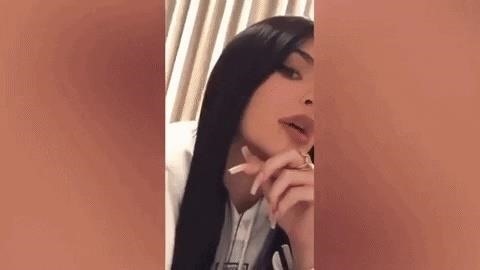
Another Instagram filter called "Holy Bucks" (see above), which gives users lips shaped by augmented reality, shot to fame this month when it was used by the likes of Kylie Jenner, Ariana Grande, Millie Bobby Brown, Bella Hadid, and Winnie Harlow.
The quirky filter also covers the user's face with pink dollar signs and freckles, a look that became a meme. As of writing, this filter is still available to download on the Instagram profile of its creator, user holymariia, and so far the ban hasn't hurt its popularity.
Given the popularity of these kinds of Instagram filters, it may be that Facebook and/or its critics are concerned that such filters could contribute to mental health issues. According to some studies, obsessing over doctored images of oneself may give rise to a mental disorder known as selfie dysmorphia (or Snapchat dysmorphia, a term coined by UK-based Dr. Tijion Esho).
Also, a recent research study pointed toward a link between the use of Instagram photo filters and the acceptance of plastic surgery. There's still no conclusive data that beautifying Instagram filters are sure to cause mental disorders, but a quick look on social media indicates that at least some people may be using them to explore personal surgery decisions.
Ok... this filter has definitely made me want plastic surgery now 😂👃🏻👄 #holybucks pic.twitter.com/isDPyYk9cJ
But it's because these filters are so popular that some Spark AR creators were upset about the changes. Most who commented on Facebook's Spark AR crackdown post seemed to be worried that "good" filters would be lumped in with plastic surgery-specific filters and removed. As one commenter asserted, a face filter, almost by definition, distorts facial features the way a plastic surgeon would.

Some creators were concerned that their hard work creating the filters would go to waste. One creator even threatened to leave the Spark AR community if Facebook removed her filters.

Additionally, some creators cried foul because some Facebook and Instagram influencers are using filters that distort faces with tools like Facetune, for example. And on Facebook's platforms, one user pointed out, plastic surgeons sometimes advertise their services that deliver real cosmetic surgery nips and tucks.

Because of these seeming contradictions, for now, confusion reigns. Whatever Spark AR meant to say, developers think those starter guidelines were not clear. Nevertheless, the Spark AR team has promised its users that it will "share updates as soon as possible" as its policies evolve over the coming weeks and months.
So far, Facebook's main competitor, Snapchat, hasn't launched a similar policy, and hosts face filters with names like "Plastic Dream" and "plastic fantastic3." Your move, Snapchat.
Just updated your iPhone? You'll find new features for Podcasts, News, Books, and TV, as well as important security improvements and fresh wallpapers. Find out what's new and changed on your iPhone with the iOS 17.5 update.
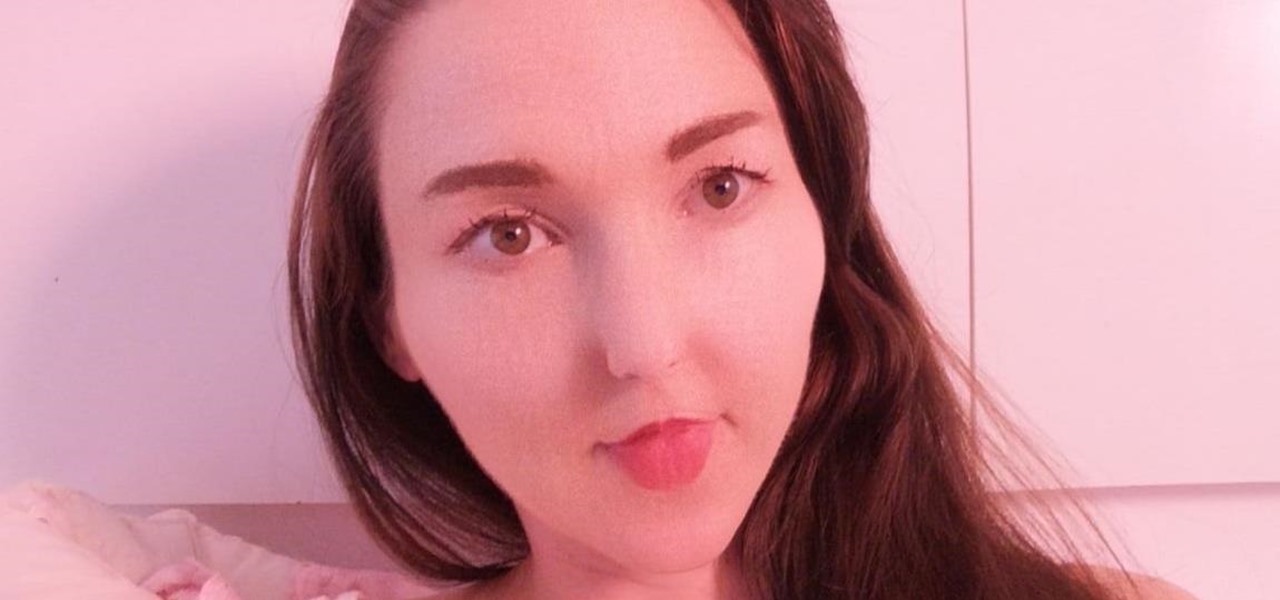



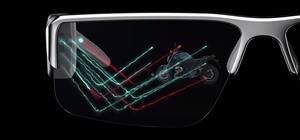

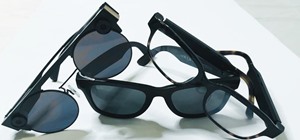



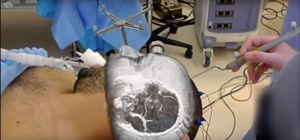
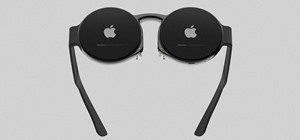

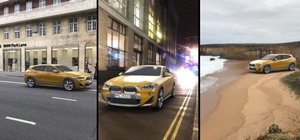


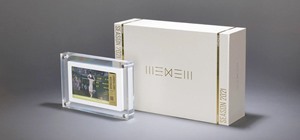

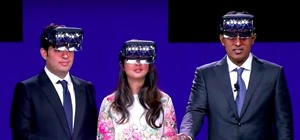


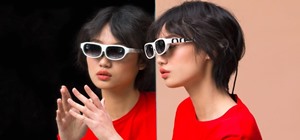
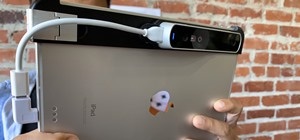
Be the First to Comment
Share Your Thoughts